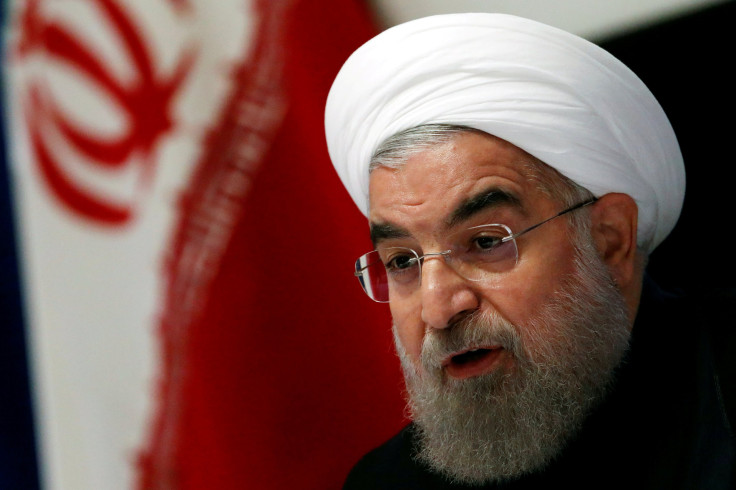Iran Nuclear Deal To End? Russia Says US Sanctions Extension Against Tehran Could Jeopardize Accord

Moscow said Thursday the loss of the Iran nuclear deal would be unforgivable, Russian news agency Interfax reported. The Foreign Ministry added that it was disappointed with the U.S.’s decision to extend the Iran Sanctions Act, which Moscow feels could jeopardize the nuclear deal.
The ministry said the deal’s failure in restricting Iran’s nuclear program would aggravate the Iranian issue.
President Barack Obama, in an unexpected move Wednesday, refused to sign an extension of U.S. sanctions against Tehran but allowed the bill to become law.
“The administration has, and continues to use, all of the necessary authorities to waive the relevant sanctions,” White House press secretary Josh Earnest reportedly said.
The Constitution states that a president has 10 days after Congress passes a bill to sign it, veto it or do nothing. If Congress is still in session after the president chooses to do nothing, the bill automatically becomes law despite not carrying the president’s signature.
Obama’s decision to abstain from signing the bill could help ease Tehran’s concerns that the U.S. is backing out of the deal.
Iran’s President Hassan Rouhani, in response to the Congress’ decision to extend sanctions, called on the head of the Atomic Energy Organization of Iran to begin planning the development of nuclear marine propulsion on Tuesday. Rouhani, in a letter published by state media, ordered the development of a “nuclear propeller to be used in marine transportation.”
The White House said Tuesday Iran’s new plans do not violate the 2015 nuclear deal.
“The announcement from the Iranians today does not run counter to the international agreement to prevent Iran from obtaining a nuclear weapon,” Earnest reportedly said.
The sanctions, targeting Tehran’s energy, military and banking sectors, were first put in place in 1996 and have since been extended and added to. They were scheduled to expire Dec. 31.
While the signing of the nuclear deal between Iran, U.S. and six other world powers lifted sanctions against Tehran in exchange for limits on its nuclear program, Washington still maintains its personal set of sanctions.
Rouhani, during an open session of Iran’s parliament earlier in December, said Obama was “obliged” to let the sanctions expire.
“We are committed to an acceptable implementation of the deal but in response to non-commitment, violation or hesitation in its implementation, we will act promptly,” he said.
© Copyright IBTimes 2025. All rights reserved.






















